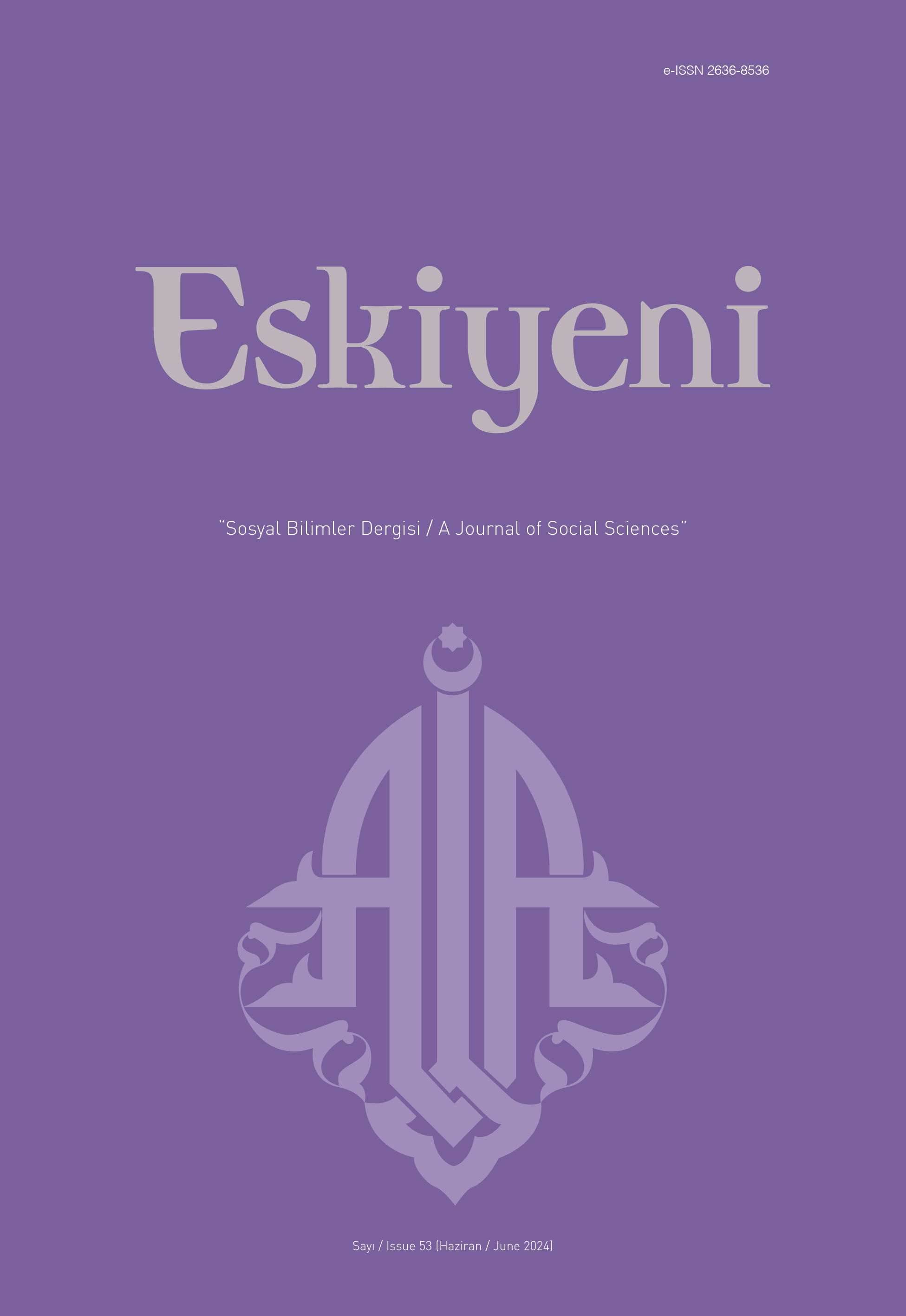Abdüllatif Harpûtî’nin Hikmet Anlayışına Bakış
An Overview of ʿAbd al-Latīf Kharpūtī’s Understanding of Wisdom
Author(s): Buket AtamanSubject(s): Philosophy, Theology and Religion, Islam studies, History of Religion
Published by: Anadolu İlahiyat Akademisi
Keywords: Kalām; ʿAbd al-Latīf al-Kharpūṭī; Relationship between Religion and Science; Wisdom; Method;
Summary/Abstract: ʿAbd al-Latīf al-Kharpūṭī is a modern theologian based in Turkiye in the 19th century and took the first concrete step to introduce new ilm al-kalām. He aimed at defending Islam using both rational (‘aql) and narrative (nass) evidence, thereby envisioning a methodological renewal in kalām. Using wisdom, al-Kharpūṭī wanted to eliminate the issues that would harm the Islamic faith through wisdom. Such objectives are evident in the definition of wisdom, he quoted from Qādī Bayzāwī. He interpreted wisdom in the sense of demonstrations (burhan) that express certain knowledge and rhetorical (khitabī) and falsifiable (zannī) proofs in order to eliminate doubt and uncertainty. Al-Kharpūṭī considered the demonstrations and evidences used in kalām as wisdom. He attached so much importance to wisdom, and he claimed that Islam was built on wisdom. With the meaning he attributed to wisdom, he aimed to interpret the Qurʾān and Sunnah and to uncover the secrets of religion. He believed that through wisdom, religion could reach great masses of people. In this way, both the common (hawas) and elite (ʿavām) people would benefit from religion. He used wisdom as a method and emphasized its encompassing, functional and enlightening characteristics. The fact that al-Kharpūṭī’s definition of wisdom supports the purpose of the science of kalām is a clear manifestation of the relationship between the science of kalām and wisdom. At the same time, wisdom’s characteristic of precise knowledge that eliminates doubt and its persuasive appeals with evidence and demonstrations are also among the goals of kalām. Evaluating wisdom based on the rules of logic, al-Kharpūṭī established a relationship between reason and science through wisdom. A concrete example of this can be found in his treatise “On the Tawjīh and Tawfīq of the Apparent (Zahirī) Dispute Between ‘Ilm al-Hay’at and Qurʾāb al-Muqaddasa” and in his work Tanqīh al-Kalām. In this treatise, he established a relationship between revelation and science, emphasized the science of hayat and wisdom,, mentioned some earlier astronomical theories, and tried to prove that Islam was not opposed to science and reason by supporting them with verses. Al-Kharpūṭī often referred to natural sciences and scientific facts and emphasized the power and wisdom of Allah. He associated various verses from the Qurʾān with scientific informations, thereby drawing attention to the wisdom in religion. Al-Kharpūṭī considered all humanity in the service of science as a portal of service to Islam, regardless of whether it is through the hands of a disbeliever or a Muslim. For him, service to Islam is wisdom, and it is this wisdom that will continue for centuries.
Journal: Eskiyeni
- Issue Year: 2024
- Issue No: 53
- Page Range: 661-685
- Page Count: 25
- Language: Turkish

